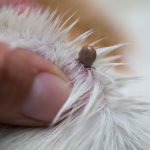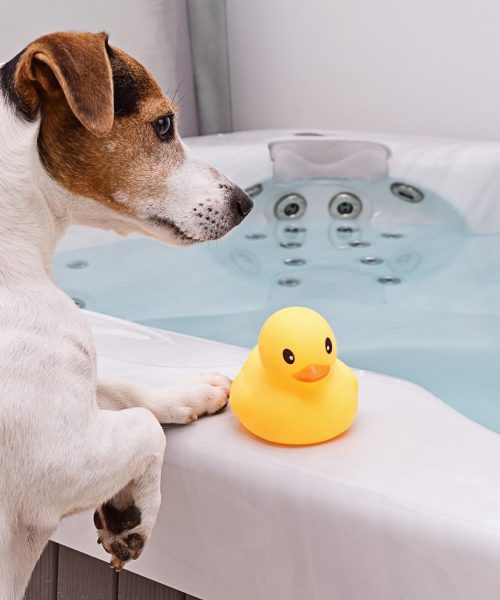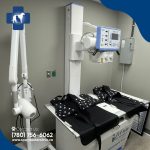
Dog and Cat Vaccinations
Vaccinations are extremely important for pets, just as they are for humans. Vaccines help to protect animals from potentially deadly and highly contagious diseases, such as rabies, distemper, parvovirus, and feline leukemia.
There are several reasons why vaccinations are important for pets:
Protection from diseases: Vaccines help to prevent diseases that can cause serious illness, pain, and even death in pets.
Prevention of spreading disease: Vaccinated pets are less likely to spread diseases to other animals, which can help to prevent outbreaks of infectious diseases.
Required by law: In many countries, certain vaccinations are required by law. For example, rabies vaccinations are mandatory in many states in the US.
Cost-effective: Vaccinations are a cost-effective way to protect pets from potentially serious diseases, as the cost of treatment for a sick pet can be much higher than the cost of vaccination.
Prevention of zoonotic diseases: Some diseases that can affect pets can also be transmitted to humans, known as zoonotic diseases. Vaccinations can help prevent the spread of these diseases from pets to humans.
Overall, vaccinations are an essential part of responsible pet ownership, and can help ensure the health and well-being of both pets and their owners. It is important to follow the recommended vaccination schedule for your pet and to keep up-to-date with booster shots to maintain immunity.











